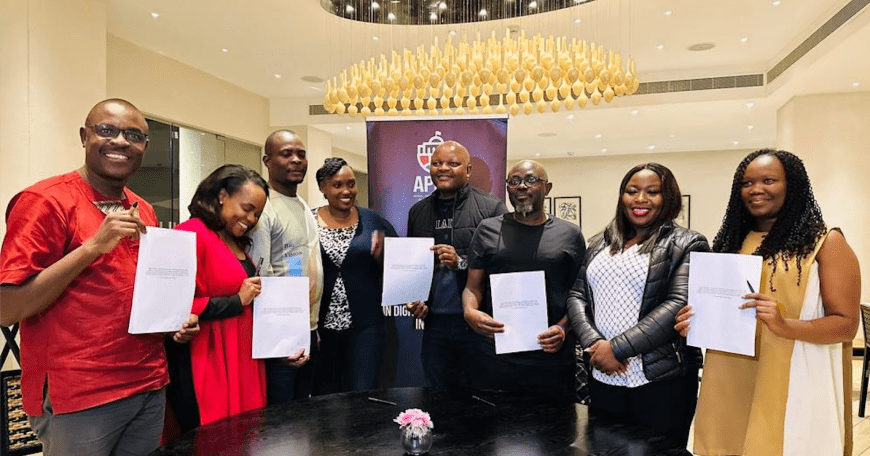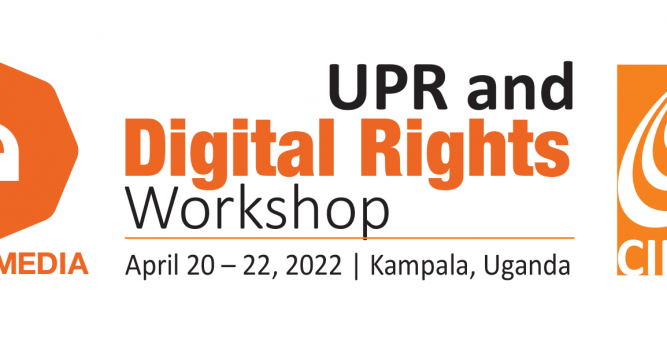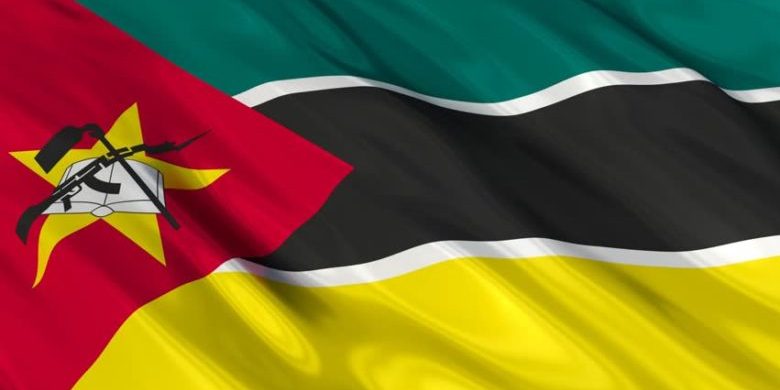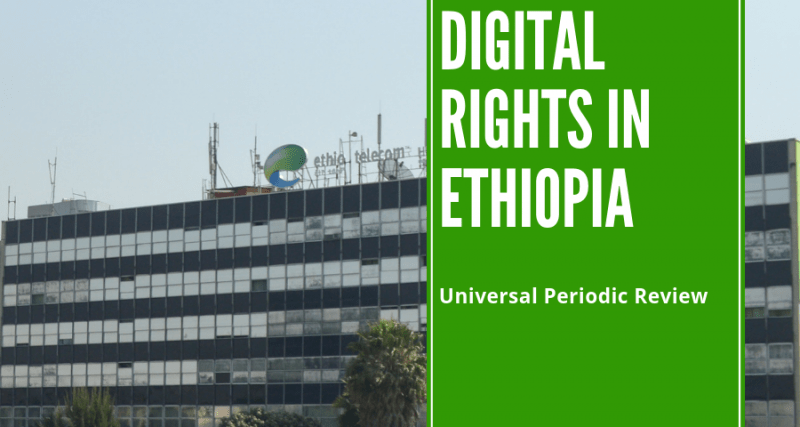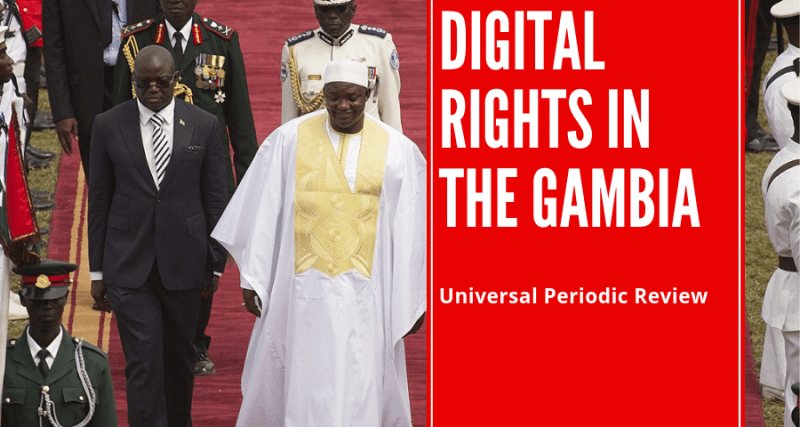Announcement |
A new partnership to enhance the role of Members of Parliament in advancing progressive internet policy and protecting digital rights has been signed by the African Parliamentary Network on Internet Governance (APNIG), the Collaboration on International ICT Policy for East and Southern Africa (CIPESA), and Small Media.
The partners recognised the critical role played by parliamentarians and the importance of collaborative approaches in advancing the agenda of digital development and internet governance across Africa.
The partners identified eight areas of cooperation, including conducting in-country engagements with Members of Parliament, resource mobilisation and provision of technical capacity to the legislators’ network. CIPESA will take the lead in providing technical support to conduct research and execution of joint policy advocacy campaigns on pertinent areas of internet governance and digital rights.
The partners agreed to collaborate on the planned APNIG Summit on Digital Democracy, which aligns with the work of CIPESA and Small Media, including on advancing digital rights through the Universal Periodic Review (UPR) mechanism of the United Nations Human Rights Council.
At national level, APNIG will be a key vessel for running in-country discussions for legislators around the areas of digital rights and the UPR. Further, Small Media will create linkages between APNIG and key regional and global actors to enhance the network’s learning and participation in processes that shape internet governance and digital rights policy.
It was also agreed that, for the upcoming UPR reviews of Senegal, Nigeria, Burkina Faso, Botswana, Mali and Mauritius, APNIG members would participate in both in-country and global review processes.
The partners resolved that APNIG members will participate at the CIPESA-organised Forum on Internet Freedom in Africa (FIFAfrica), scheduled to take place in Dar es Salaam, Tanzania at the end of September 2023. Furthemore, APNIG members will participate in a FIFAfrica side event on internet shutdowns, to be hosted by Small Media.
“The partnership with APNIG has come at a time when it is of great importance to engage Members of Parliament on digital rights considering that their legislative and oversight roles are key in advancing the protection and promotion of digital rights,” said Dr. Wakabi Wairagala, CIPESA’s Executive Director.
The partnership was signed after the completion of a two-day regional workshop on “The Future of Digital Rights in Africa: The Role of Policy Makers and Advocacy at the Universal Periodic Review” that took place on April 13-14, 2023 in Nairobi, Kenya. The workshop brought together participants from 15 countries (Benin, Botswana, Burkina Faso, Djibouti, Eswatini, Ghana, Kenya, Malawi, Mauritius, Nigeria, Senegal, Tanzania,Tunisia, Uganda and Zambia), who included Members of Parliament, public interest lawyers, digital rights activists, innovators and media practitioners.
About APNIG: Launched on July 19, 2022, the African Parliamentary Network on Internet Governance (APNIG) is dedicated to strengthening parliamentarians’ role in digital development in Africa. Follow APNIG on Twitter at @apnigafrica
About CIPESA: CIPESA works to defend and expand the digital civic space to enable the protection and promotion of human rights and to enhance innovation and sustainable development. Our work responds to shortage of evidence-based research, resources and actors consistently working at the nexus of technology, human rights, and society. See more at www.cipesa.org.
About Small Media: Small Media works to support the free flow of information in politically closed societies. To this end, Small Media engages in research, advocacy, and training activities to support global advocates to uphold citizens’ rights to freedom of expression and access to information. See more at https://smallmedia.org.uk/.

